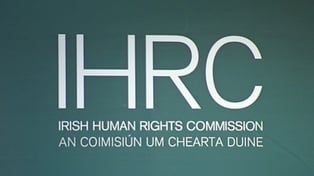Report criticises Irish human rights measures – RTÉ News
Ireland has ‘serious gaps’ in its human rights protection, according to a new report published today.
The Irish Human Rights Commission published its report to the UN on Ireland’s Human Rights Record and called for immediate action.
Ireland will be examined for the first time on its record on all of its human rights obligations under a new UN process called the Universal Periodic Review, in October.


 On 26 March 2009, the Minister for Finance confirmed that the Government had decided to implement
On 26 March 2009, the Minister for Finance confirmed that the Government had decided to implement 
